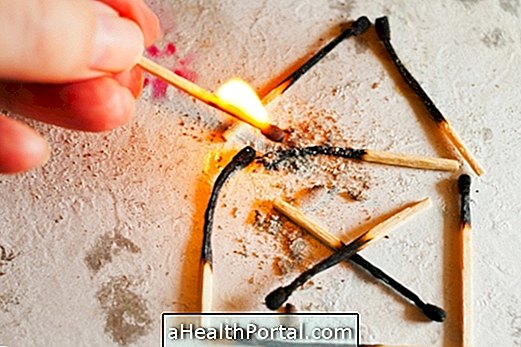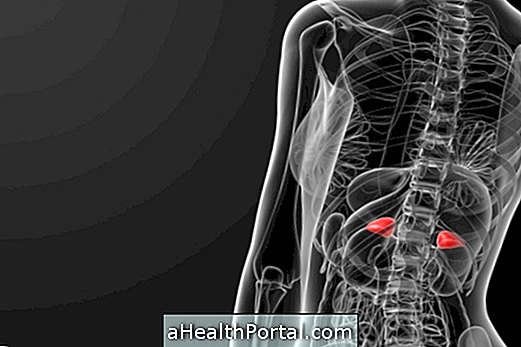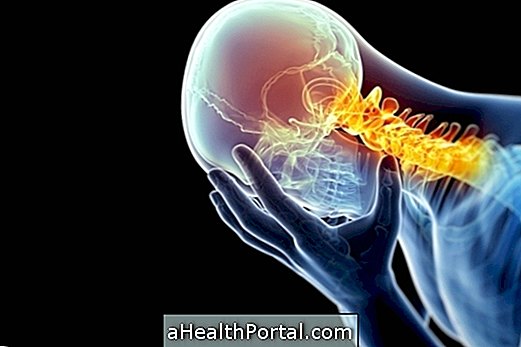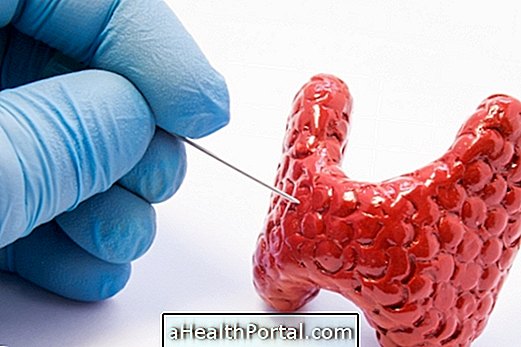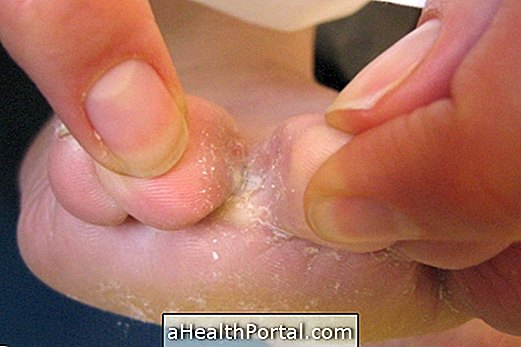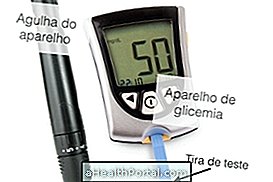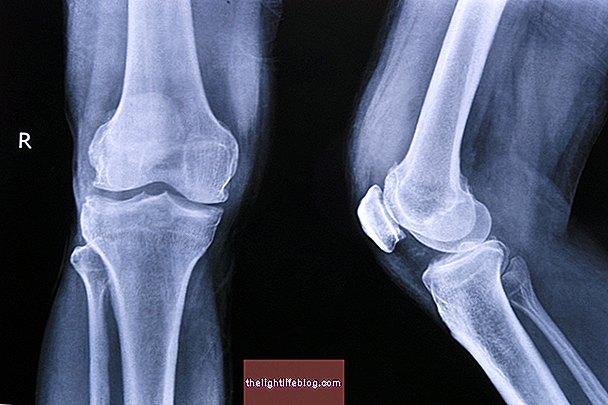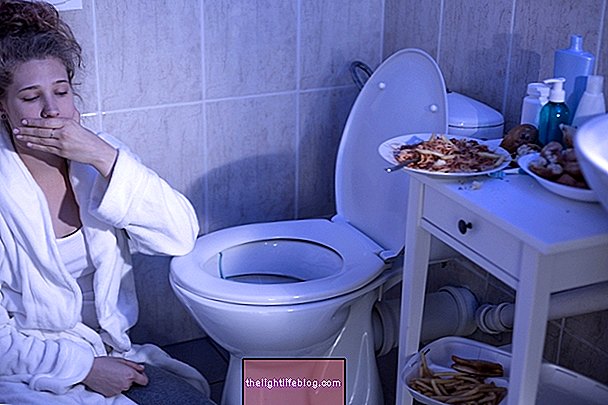Psychosis is a psychological disorder in which the person's mental state is altered. The psychotic individual lives in two worlds simultaneously, in the real world and in his imaginary, but he can not differentiate them and often they merge.
The main symptom of psychosis is delusions. Individuals in a state of psychosis can not distinguish reality from fantasy, usually do not know how to situate themselves in time and space and have many schisms. A psychotic can argue that the neighbor from below wants to kill him, even though he is aware that no one lives in the apartment below.

Symptoms of Psycho
Usually a psychotic individual is agitated, aggressive and impulsive but the main symptoms of psychosis include:
- Delusions;
- Hallucinations such as hearing voices;
- Abrupt changes of mood becoming very happy in a moment and depressive soon to follow;
- Speak too fast or too slow;
- Difficulty in expressing oneself;
- Speak nonsense and phrases difficult to perceive;
- Uncontrollable mania and fears;
- Mental confusion;
- Difficulty in relating to other people;
- Agitation;
- Insomnia;
- Suicidal behavior;
- Aggressiveness and self-harm.
The psychosis usually appears in youngsters or adolescents and may be transient or related to other psychiatric illnesses such as bipolar disorder, Alzheimer's, epilepsy, schizophrenia, depression, and also common in drug users.
Treatment for Psycho
Treatment for psychosis should be directed by the psychiatrist and consists of taking antipsychotic medications and mood stabilizers such as risperidone, haloperidol, lorazepam or carbamazepine.
Often in addition to medicines, it is necessary to be admitted to a psychiatric hospital where treatment with electric devices for electroconvulsive therapy can be performed. The hospitalization can take from 1 to 2 months until the person is better and can be discharged because he is no longer able to put his life and that of others at risk but to keep the person under control the psychiatrist can still keep the medicines may be taken for years.
In addition, weekly sessions with the psychologist or psychiatrist may be useful to reorganize ideas and feel better.
In the case of a postpartum psychosis, the doctor can also prescribe medications and when the psychosis puts the baby's life at risk, the mother can be removed from it, and even hospitalization is necessary. Usually after the treatment the symptoms disappear and the woman returns to normal, but there is a risk of having a new psychotic picture in another postpartum.
What causes psychosis
Psychosis does not have a single cause but several factors related to each other can lead to its onset. Some factors that contribute to the development of a psychosis are:
- Diseases affecting the central nervous system such as Alzheimer's, Stroke, AIDS, Parkinson's;
- Severe insomnia, where the person takes more than 7 days without sleep;
- Use of hallucinogenic substances;
- Use of illicit drugs;
- Moment of great stress;
- Deep depression.
To arrive at the diagnosis of a psychosis the psychiatrist must observe the person personally trying to identify the symptoms presented but also can request blood tests, x-rays, tomography and MRI to try to identify if there is any alteration that may be causing the psychosis or misleading other diseases.

